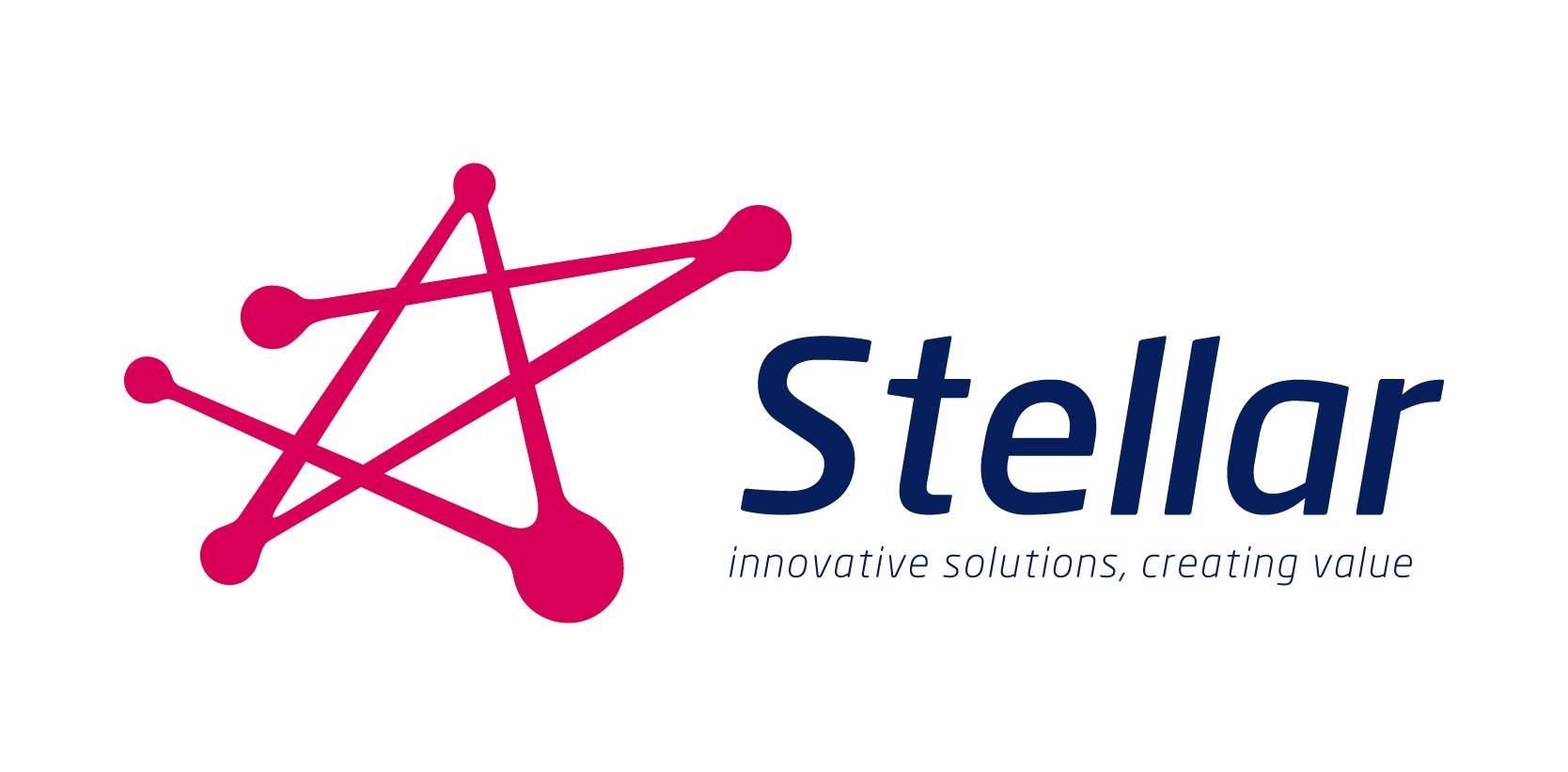As the healthcare industry evolves, marketing strategies must adapt to focus on engaging and empowering patients. Patient-centric healthcare marketing emphasizes meaningful communication, personal interactions, and trust-building to strengthen relationships between patients and providers.
Patient-Centric Healthcare Marketing: Understanding and Engaging Patients
As healthcare becomes increasingly patient-driven, marketing strategies must evolve to prioritize patient needs, preferences, and experiences. A patient-centric approach focuses on meaningful engagement, trust-building, and personalized communication to strengthen the bond between patients and healthcare providers. By implementing strategies that empower, educate, and connect with patients on a deeper level, healthcare organizations can foster long-term relationships, improve health outcomes, and enhance overall patient satisfaction.
Conducting Comprehensive Patient Research:
A deep understanding of patient needs, preferences, and expectations is essential for effective marketing. Surveys, focus groups, and interviews help healthcare organizations gather valuable insights into patient experiences, enabling marketers to craft more relevant and impactful messages.
Personalizing Communication and Engagement:
Developing detailed patient personas based on demographics, behaviors, and healthcare needs allows marketers to personalize messaging and content. By delivering tailored, relevant information, healthcare organizations can foster stronger connections and more meaningful engagement with patients.
Empowering Patients through Education and Shared Decision-Making:
Providing clear and accessible health information enhances health literacy and empowers patients to make informed decisions about their care. Encouraging shared decision-making between patients and providers builds trust, improves treatment adherence, and leads to better health outcomes.
Strengthening Patient-Provider Relationships:
Open communication, active listening, and empathy play a critical role in building trust between patients and healthcare providers. Ensuring coordination and continuity of care enhances the patient experience and fosters long-term engagement.
Importance of Healthcare Marketing in Patient-Centricity
In today's evolving healthcare landscape, patient-centricity has become a cornerstone of effective healthcare marketing. By prioritizing patient needs, preferences, and experiences, healthcare organizations and pharmaceutical companies can foster stronger relationships, improve health outcomes, and enhance overall patient satisfaction.
Raising Awareness and Educating Patients:
Healthcare marketing serves as a powerful tool for spreading awareness about patient-centered care. Informative campaigns empower patients by educating them about their rights, available treatment options, and healthcare resources, enabling them to make well-informed decisions about their health.
Building Trust and Credibility:
Transparent and compassionate communication is key to fostering trust between patients and healthcare providers. By delivering clear, accurate, and empathetic messaging, healthcare organizations can establish credibility, strengthening patient confidence and long-term loyalty.
Driving Patient Acquisition and Retention:
A patient-centric marketing approach helps healthcare providers attract new patients while also retaining existing ones. When patients have positive experiences, they are more likely to recommend healthcare services to others, leading to increased patient referrals and sustained engagement.
Enhancing Patient Satisfaction and Loyalty:
Aligning marketing efforts with patient expectations fosters a more personalized healthcare experience. When patients feel heard and valued, their satisfaction levels rise, turning them into loyal advocates who positively contribute to the organization's reputation.
Encouraging Patient Engagement and Treatment Adherence:
Attractive marketing initiatives encourage patients to take an active role in their healthcare journey. When patients are well informed and engaged, they are more likely to adhere to prescribed treatments, ultimately leading to better health outcomes.
Conclusion
Patient-centricity is the foundation of modern healthcare marketing, ensuring that patients remain at the core of decision-making and communication strategies. By prioritizing patient needs and experiences, healthcare organizations can enhance engagement, strengthen patient-provider relationships, and deliver more personalized care.


